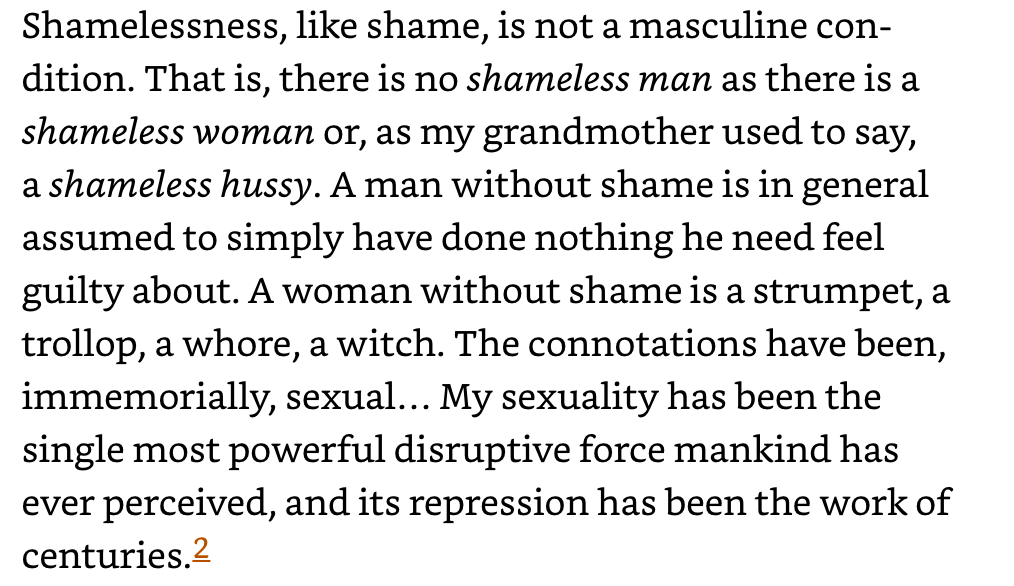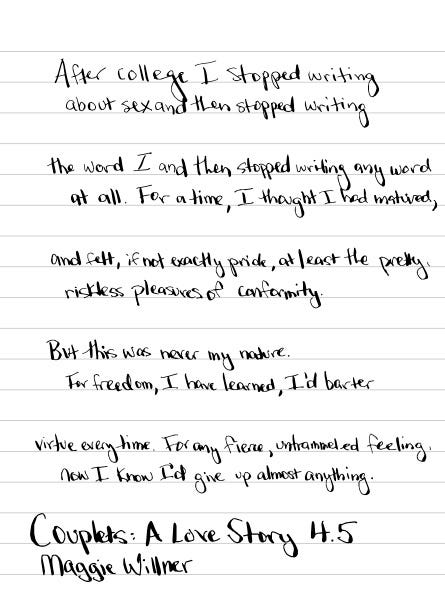Some Perfect Things I Read This Year
At some point during the pandemic I stopped reading books. My concentration and focus were so shot to hell that anything over 3,000 words felt like an unmanageable slog. It took me an entire two weeks trapped in a house in the countryside of southern France to get through one single Emily Henry book. That’s how dire the situation was.
But last December, something shifted, and I got my groove back. In the thirteen months since then I’ve read exactly one hundred books, and it’s been a huge highlight of 2023 for me. A lot of the credit goes to The Storygraph, a tool I cannot recommend enough. It makes tracking my reading fun and satisfying, and I love looking at the data and analytics. Just look at how gay my reading was this year!! For REAL data nerds, Storygraph also lets you export your data to a spreadsheet. After playing around with that I now also know that 36 of the books I read were 2023 releases (nice!) and that only 15 of them were books by cis men (trending in the right direction, but room for improvement).
Please go join Storygraph. It’s got none of the toxicity of Goodreads and was created by a woman of color. I can’t vouch for its AI-assisted book recommendations, which I don’t use because my “To-Read Pile” is already a gorgeous nightmare, but a lot of users seem to love them.
I talked a bit in the Pasts Imperfect newsletter about eight books I read this year that I couldn’t shut up about:
But maybe you’re in the same boat I was just over a year ago, and the thought of reading a whole-ass book feels pretty daunting. I’m not going to shame you for that. As Nate Bargatze said in his flawless SNL monologue in October, “Reading, I believe, is the key to smart. And I don’t do it, because every book is just the most words. It doesn’t let up. I mean, every page is more words… Put some blank pages in there, let me get my head above water for two seconds!”
I get it, but I hate to think of that fear keeping people from reading. Because, while I love spending hundreds of pages in an author’s world – not more than 400, because come on, who has time for that – some of the most amazing things I read this year were a single sentence, or a page, or a short essay.
As a gift to you, here are four tiny, perfect things I read this year:
Body Work: The Radical Power of Personal Narrative by Melissa Febos, p. 36, n. 2
Quite possibly my favorite footnote of all time. The context here is Febos recounting a Q&A at which someone asked her if she was ashamed to have written a memoir about doing sex work (let’s all take a moment to simmer with rage at the audacity of that question). Febos later wishes she had responded with this quote by the essayist Nancy Mairs:
I assumed that the footnote would contain more information about Mairs, or the context of the quote. Instead, I GOT THIS:
Flawless work, absolute genius, no notes.
Couplets: A Love Story by Maggie Millner, 4.5
I loved this one so much that I wrote it out longhand and put it up on my wall.
(I wrote this on my reMarkable, one of my most-loved possessions. It might seem expensive, but it cured my blank notebook habit!)
“bro, where’s my marriage plot” from Brandon Taylor’s sweater weather substack
You should read the entire thing, and subscribe, and buy Brandon Taylor’s books. But the line that particularly haunts me is this:
The marriage plot is no longer the centralizing idea of our literature. Though, I would argue that it kind of still is. Instead of will this virtuous young woman survive her series of trials and marry a rich guy who will make her life better of previous eras, the contemporary marriage plot is more a Beckettian exploration of ontologies: me am wife, he am man, what am wife, what am man, child hungry, capitalism big ouchie.
I’m now dead and this newsletter is being written by my ghost.
“This Kind of Animal” by Nana Kwame Adjei-Brenyah, in Critical Hits: Writers Playing Video Games (edited by Carmen Maria Machado and J. Robert Lennon), pp. 38-47
Adjei-Brenyah’s debut novel Chain-Gang All-Stars was one of my favorite books of the year, and this ten-page essay about the video game masterpiece Disco Elysium absolutely shook me. He argues that what makes the game brilliant is how it strips away all the pretense and performance in how you present yourself to other people and forces you to confront who you really are.
(SIDE NOTE: the whole collection is great, and I really loved some of the other essays. Any scholar interested in the intricacies of white supremacist reception of myth should absolutely read “In the Shadow of the Wolf” by Vanessa Villarreal about Norse myth in Dragon Age: Inquisition and Assassin’s Creed Valhalla, and I was deeply touched by “Thinking Like the Knight” by Max Delsohn, which braids playing Undertale and Hollow Knight with a journey of self-discovery about sexuality and gender.)
Formally, the essay is stunning: it includes skill check rolls for some of Disco Elysium’s 24 skills, so the experience of reading the essay is not entirely unlike the experience of playing the game itself. Here’s my favorite skill check, a “Drama” check on the word “posit”:
On a personal level I resent this footnote for summing up the hollow posturing that I’ve made into my entire personality,1 but that’s the genius of it! Also, how dare you.
Happy reading to us all in 2024! After all, it is the key to smart.
Inland Empire: or is being jokingly self-aware about my academic imposter syndrome actually my whole personality? 😱









